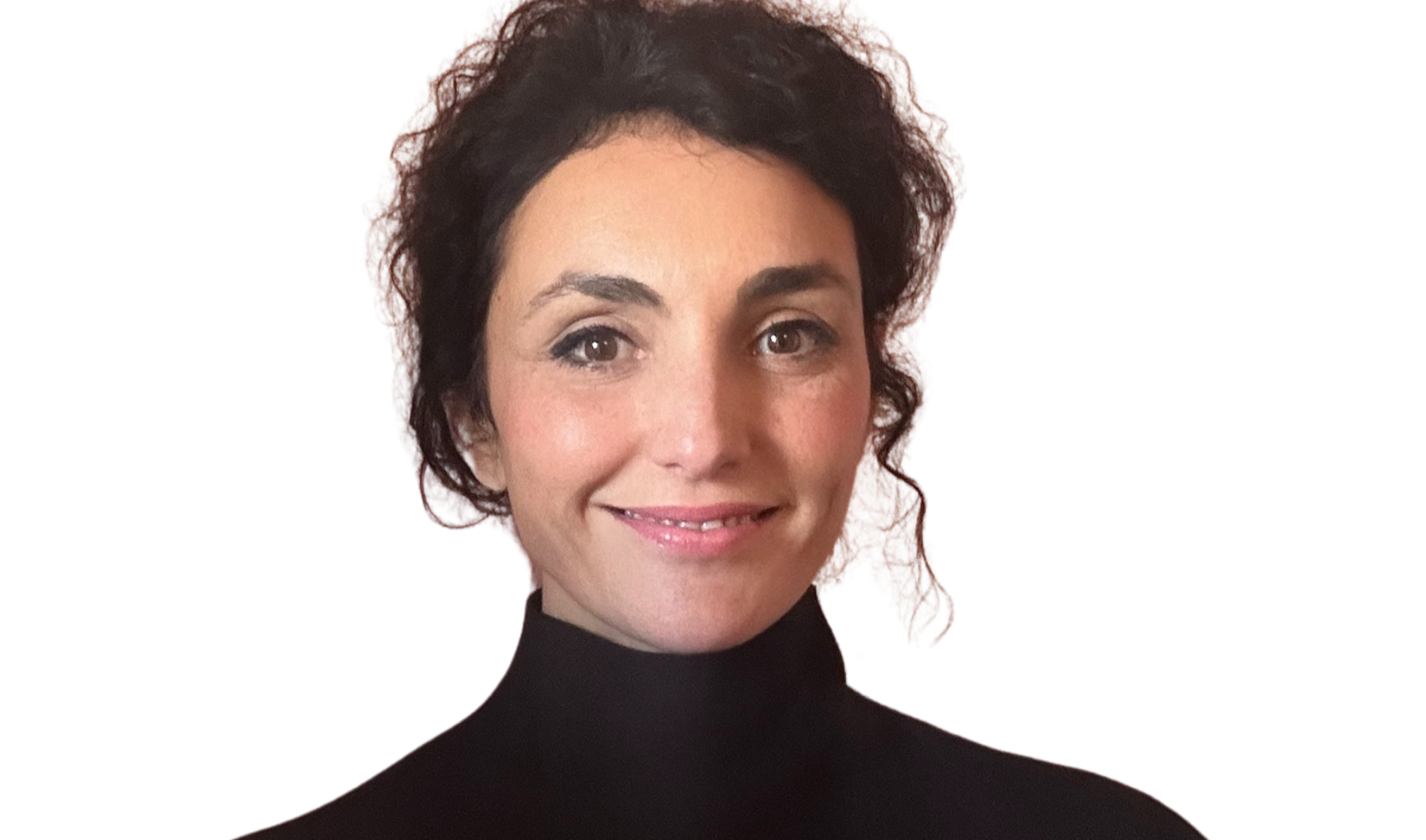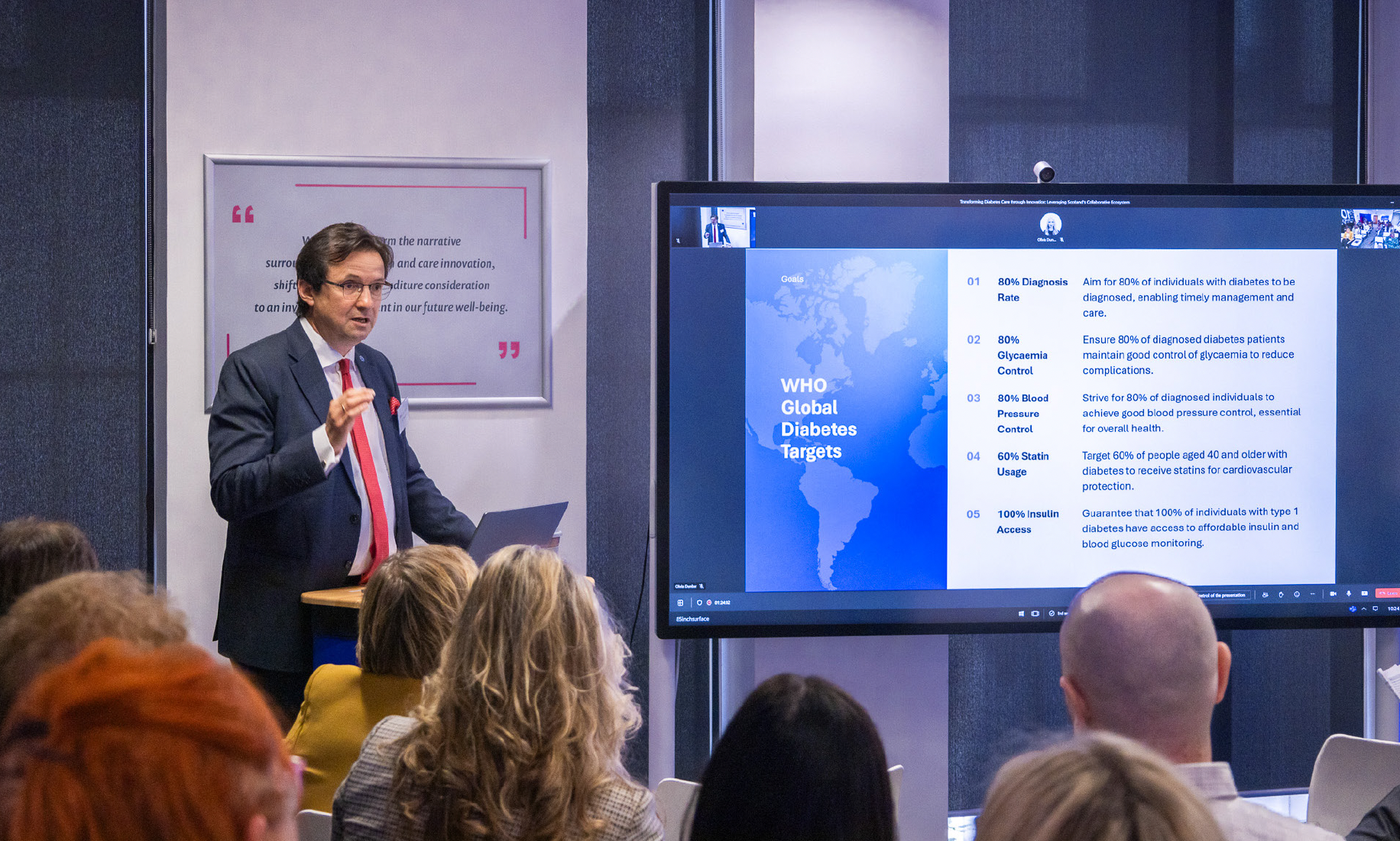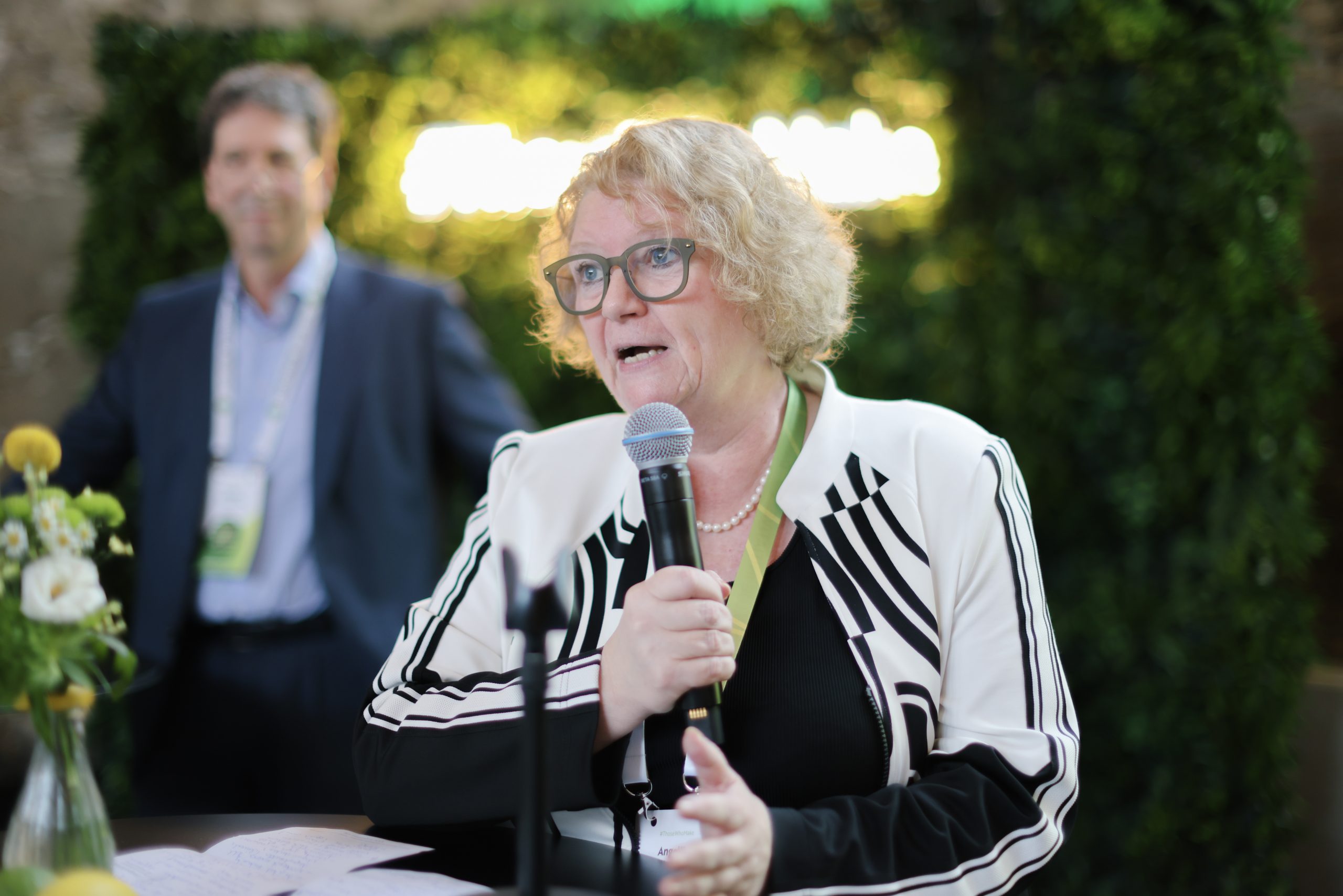
“Clinicians should have the same opportunity to rely on trusted knowledge”
- TRANSFORMERS.health
- October 9, 2025
- DATA2VALUE INITIATIVE
- 0 Comments
Clinicians need to make rapid, evidence-based decisions with confidence. Mariam Khalil Fernández, Clinical Consulting Associate Director at Wolters Kluwer Health, explains how AI-driven decision support tools are transforming clinical practice by empowering professionals with reliable, transparent knowledge and helping close global gaps in access to quality care.
Clinicians today require rapid access to reliable information at the point of care. How can digital decision support make this easier in daily practice?
Decades ago, clinicians relied on static resources, such as printed guidelines or even CD-ROMs, to access the latest medical knowledge. Over time, CDSS evolved to become more dynamic and accessible, moving from desktop applications to web-based platforms and mobile tools. Today, we are witnessing a new era powered by artificial intelligence. Solutions like UpToDate Expert AI represent a leap forward: they are built on rigorously curated, expert-reviewed medical content and leverage advanced AI to deliver concise, actionable insights directly at the point of care.
Unlike general-purpose AI, UpToDate is designed for safety, transparency, and clinical relevance. It provides not only answers but also the reasoning and evidence behind each recommendation, empowering clinicians to make faster, more confident decisions and reducing variability in care.

Artur Olesch talks to…
The internationally recognized journalist and editor, specializing in healthcare digitalization, talks on behalf of Lemonmint to Those Who Make.
You began your career as a nurse and now work in the health industry. How has this experience on both sides shaped your understanding of how data can improve clinical effectiveness?
I vividly remember the day I realized something was broken in the way we deliver care. I was caring for a patient with a stage 4 pressure ulcer. Every nurse on every shift treated the wound differently, based on their own experiences or what they learned in university. The approaches ranged from surgical debridement, which was extremely painful for the patient, to using creams. It wasn’t just that we didn’t know what the best treatment was; it was that the care literally changed with the shifts. I felt helpless, abandoned, and confused.
That experience shaped me profoundly. It made me look for other ways to continue being a nurse, supporting my colleagues from another angle, while keeping my commitment to patients intact.
Now, working in the health industry, I see how structured, accessible, and evidence-based data can prevent exactly that kind of variability. Nurses and physicians are under enormous pressure, and when knowledge is fragmented, care slows down and risk increases. However, when the right information is embedded into the workflow – clear, relevant, and usable – it empowers clinicians to act more quickly and with greater confidence.
But today, we are not only fighting the lack of information, as I experienced at the bedside, but something even more dangerous: misinformation. Many open AI tools provide quick and well-framed answers, which makes clinicians more likely to trust them. We like to believe that our judgment will help us spot errors, but the reality is that this is not always the case. That’s why generative AI in healthcare must remain grounded in expert-curated, evidence-based content, with transparency.
Nurses and physicians are under enormous pressure, and when knowledge is fragmented, care slows down and risk increases.
Medical evidence changes constantly. What do you see as the best ways to keep healthcare professionals continuously updated with the latest knowledge?
Medical evidence evolves rapidly, and so do the ways clinicians access it. Clinicians must not only stay current with the latest research but also do so using digital solutions that prioritize safety and clinical reasoning. The real challenge is to remain updated without compromising patient safety, data privacy, or the clinician’s critical thinking.
Open AI-powered tools offer great promise but also risks, such as “hallucinations” – convincing but incorrect information. If clinicians rely on answers that are not rigorously validated, patient safety is at risk. The most effective approach is to use platforms with continuously refreshed, expert-reviewed content, where every recommendation is grounded in the latest science and clinical consensus. Solutions like UpToDate Expert AI ensure information is current, reliable, and transparent, providing answers with clear reasoning and references, and anticipating clinicians’ next questions.
Spain demonstrates how national strategy can drive equitable, evidence-based care. The Ministry of Health has made UpToDate available across all public hospitals and primary care centers.
Not every hospital or region has the same access to high-quality clinical information. What approaches could help close these gaps and promote more equal standards of care?
Equity starts with access. Not every hospital or region has the same resources, but every clinician should have the same opportunity to rely on trusted knowledge. Health inequity is a growing global concern. As the World Health Organization highlights, where you live, your postal code, can dramatically influence your chances of surviving cancer, having a C-section, or receiving timely, high-quality care. This so-called ‘postcode lottery’ reflects how clinical variability directly impacts people’s lives.
At Wolters Kluwer, our mission is Best Care Everywhere. We believe that all people, everywhere, should have access to the best care possible. Supporting health equity through innovative, data-driven solutions and through technologies designed with transparency and ethical rigor will help close these gaps and raise the standard of care for all.
But closing the gap is not just about providing access to information; it’s about transforming how health systems learn and improve. One of the most transformative approaches is harnessing real-world evidence (RWE). When clinical decision support platforms like UpToDate are widely adopted, they do more than support individual clinicians; they also support the broader healthcare system. They generate rich, aggregated insights from millions of real clinical interactions. These insights reveal patterns in care delivery, highlight emerging needs, and help identify variability and gaps in knowledge or resources across regions and populations.
By analyzing real-world data from clinical decision support systems, health organizations can move beyond traditional reporting. They can monitor trends, detect early signs of system stress, and align training and resource allocation with actual frontline needs. This enables health systems to evolve from being mere service providers to becoming continuous generators of evidence, a foundation for ongoing improvement and learning.
This supports both clinicians and health systems in delivering better, more equitable care for all. It’s the promise of a learning health system: bringing evidence into practice, and turning practice back into evidence so that every patient, everywhere, benefits from the best that modern medicine can /offer.
From your perspective in Spain, how is data being used to support evidence-based decision-making, and what lessons could other countries take from this?
Spain demonstrates how national strategy can drive equitable, evidence-based care. The Ministry of Health has made UpToDate available across all public hospitals and primary care centers, ensuring that every clinician, whether in an urban or rural setting, can access trusted knowledge at the point of care.
This unified access creates enormous potential to learn from aggregated, anonymized data. By analyzing usage patterns and topics of interest, health authorities could identify knowledge gaps, emerging clinical needs, and opportunities for quality improvement. That kind of insight would help inform data-driven decisions about policy, training, and resource allocation.
The lesson for other countries: when access, evidence, and analytics are aligned under a shared vision, the impact transforms the culture of care.
Looking globally, what three actions would most improve access to reliable medical data and knowledge for clinicians everywhere?
First, treat access to trusted medical knowledge as a public good, not a privilege. Clinicians everywhere should have the same opportunity to make evidence-based decisions.
Second, strengthen collaboration among governments, healthcare organizations, and industry partners to build infrastructures that make evidence accessible, secure, ethical, and actionable at scale.
Third, reimagine trust in the digital era. Innovation is moving fast, but technology alone isn’t enough. Reliable medical data must remain guided by science, transparency, and an unwavering focus on patient safety. UpToDate Expert AI exemplifies this principle – generative intelligence trained exclusively on expert-curated, evidence-based content, designed to augment clinical reasoning.
Mariam Khalil Fernández is the Clinical Consulting Associate Director at Wolters Kluwer Health. She will be speaking at the Data2Value Executive Dialogue on October 14, 2025, in Berlin.




